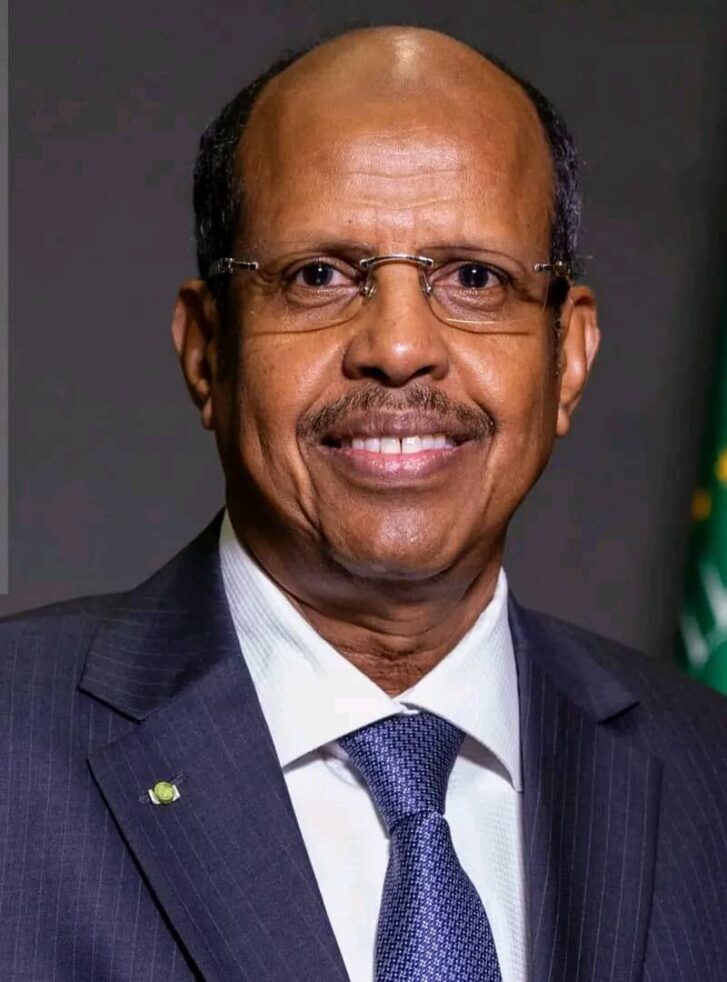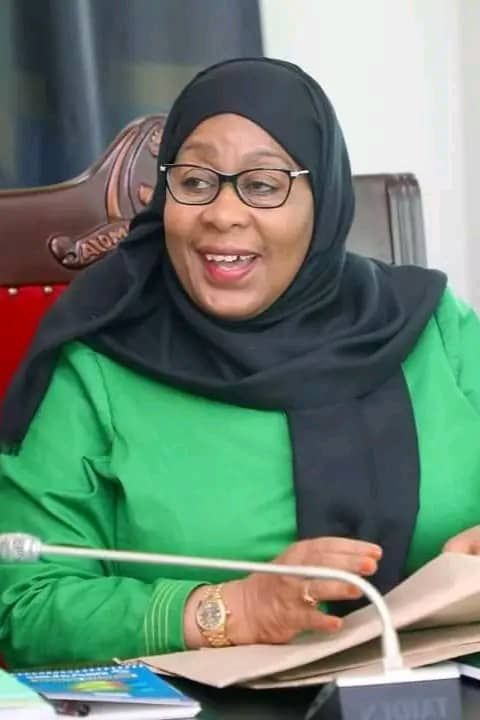By Burnett Munthali
The African Union Commission Chairperson, Mahmoud Ali Youssouf, has congratulated President Samia Suluhu Hassan on her election victory in Tanzania, despite ongoing unrest and reports of violence in several parts of the country.
In an official statement issued on Saturday, Youssouf expressed “deep regret” over the loss of human life during the post-election protests that erupted following the disputed results.
He called for calm, restraint, and dialogue, urging all parties to respect human rights and uphold the principles of peaceful assembly as enshrined in the African Union Charter.

The AU Chairperson reaffirmed the organization’s commitment to supporting Tanzania’s peace, unity, and democratic process, emphasizing that stability remains a cornerstone of Africa’s collective progress.
However, the AU’s congratulatory message has sparked widespread outrage, particularly among young Africans and democracy advocates, who accuse the organization of legitimizing authoritarian rule and ignoring the suffering of ordinary citizens.
Critics have described the African Union as an “enemy of African youth and development”, arguing that the body has lost credibility by siding with oppressive regimes rather than standing with the people.
Social media has been flooded with posts condemning the AU’s stance, with hashtags such as #Shameful, #AfricanUnion, and #Tanzania trending across multiple platforms.
Many commentators view the AU’s reaction as tone-deaf and complicit, given that the post-election violence in Tanzania has reportedly left scores dead and hundreds detained.
The election, which saw President Samia Suluhu declared the winner with nearly 98% of the vote, has been widely criticized by opposition groups and human rights organizations for lack of transparency and suppression of dissent.
Protesters in cities such as Dar es Salaam, Arusha, and Mwanza continue to defy government warnings, calling for accountability, fresh elections, and the release of detained opposition leaders.
Observers argue that the African Union, once envisioned as a beacon of unity and democratic integrity, now faces a crisis of legitimacy, as its silence and selective diplomacy undermine the continent’s democratic aspirations.
As tensions persist in Tanzania, the question remains whether the African Union will rise to defend the principles it was founded upon — or continue to be seen as a club of political elites shielding each other from accountability.




